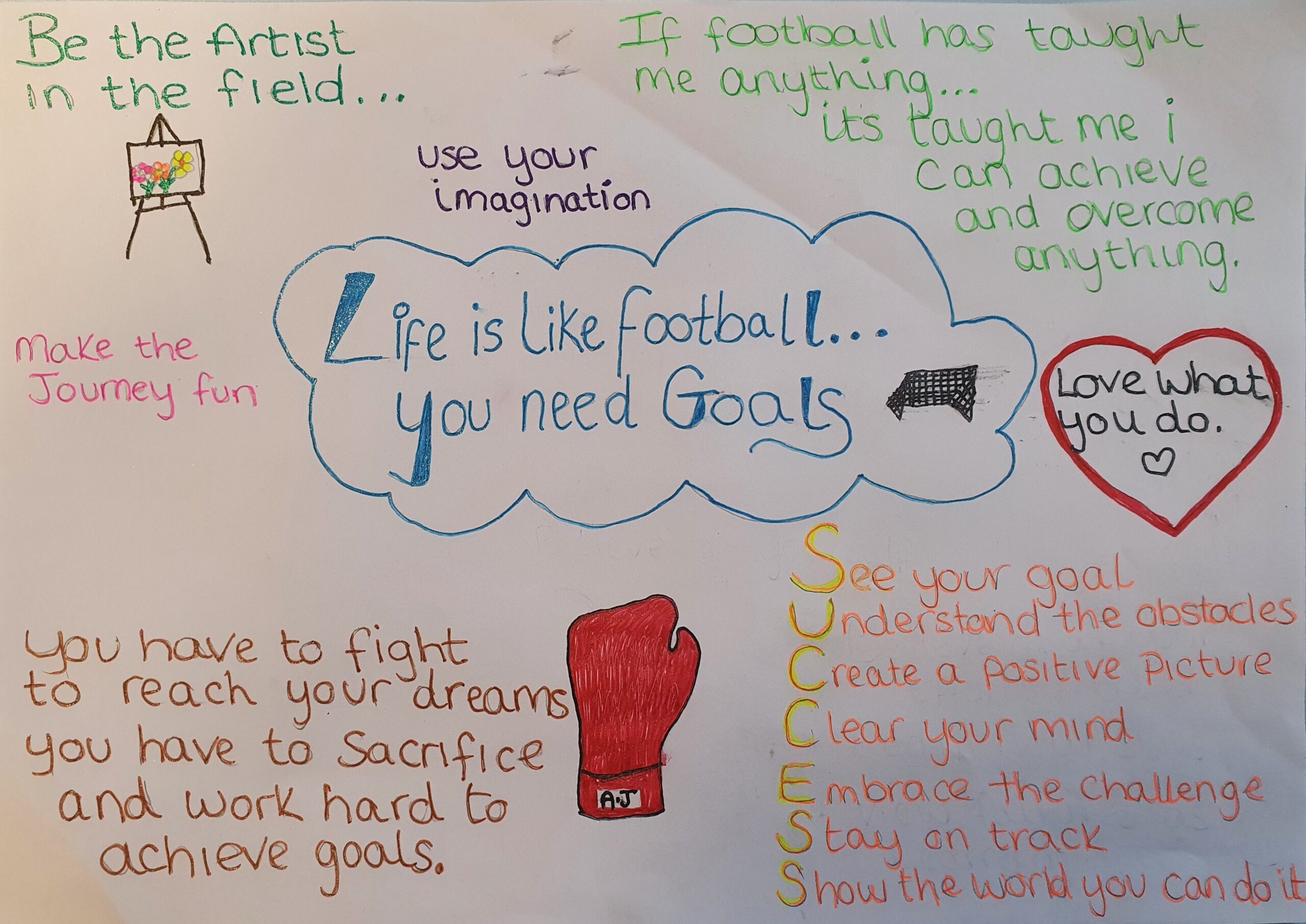The Restorative Approach
At Hollymount School, incidences of negative behaviour are dealt with in a fair, respectful and appropriate way, with the key focus on individuals taking responsibility for their behaviour, repairing any harm done, rebuilding and restoring relationships. The key principle when dealing with issues is to give all the people involved a chance to have their say and become actively involved in the process. All members of staff and pupils know that issues will be dealt with fairly with a ’no blame’ approach.
When there have been incidences between two pupils, key questions will be asked to find out what has happened and how the individuals involved can make things right again, or repair the harm caused. Our aim is not to ask ‘Why?’ something has happened but to determine what has led up to an issue and resolve it in a positive way. Everyone involved in an incident is taken through a Restorative dialogue and is therefore supported in coming to understand the harm that has been caused to all parties.
The Restorative Questions:
- What happened? Drawing out each person’s story one at a time, starting with the person who has caused the harm. The aim is not to come to a definitive conclusion on what has happened, but for each person to have their point of view listened to.
- What do you think and feel about that? What each person was thinking and feeling at the time, before and since.
- Who has been affected and how? Who has been harmed/affected and how? Older pupils are encouraged to think about the wider implications of who has been affected e.g. families.
- What are the needs of those involved? What those affected need to feel better, move on, repair harm and rebuild relationships.
- What do you think needs to happen next to make things right with each other and with the school community? How do those people agree and negotiate meeting the needs identified above and what support might they need to do this? Staff support pupils in this process but try to ensure the pupils form their own agreement when possible. The pupils can refer to the zone boards to consider how they can make appropriate amends with the high-expectations of the school community.
This approach encourages those involved to identify ways in which a relationship can be repaired or how they can move forward. By giving pupils this responsibility, we are supporting them in developing their own strategies for avoiding and resolving conflict. We also believe that if pupils reach their own agreement as to how to move forward after a conflict, they are more likely to abide by it than if it is suggested by an adult or imposed upon them. By involving the pupils in the design of the agreement we give them ownership over it and ensure it is helping them to resolve the situation and make amends in their own way.

